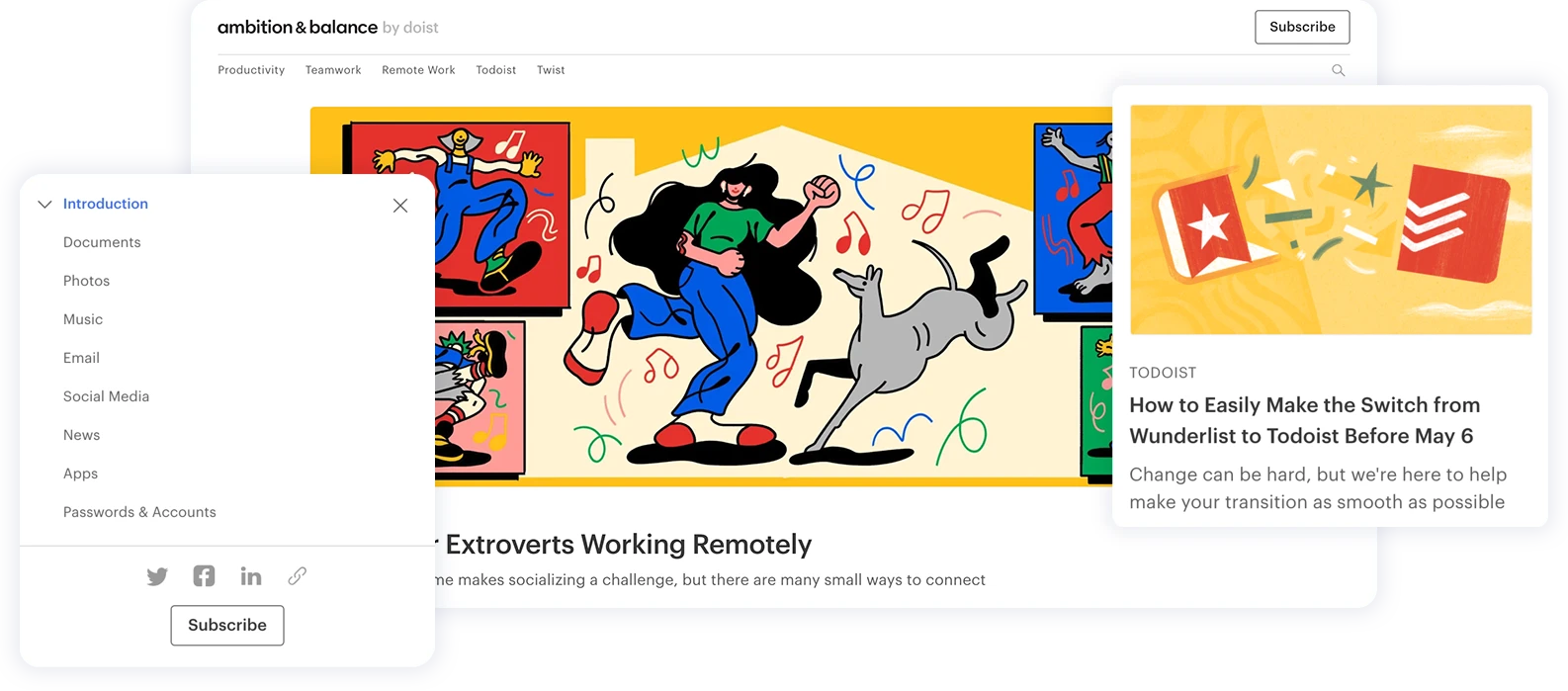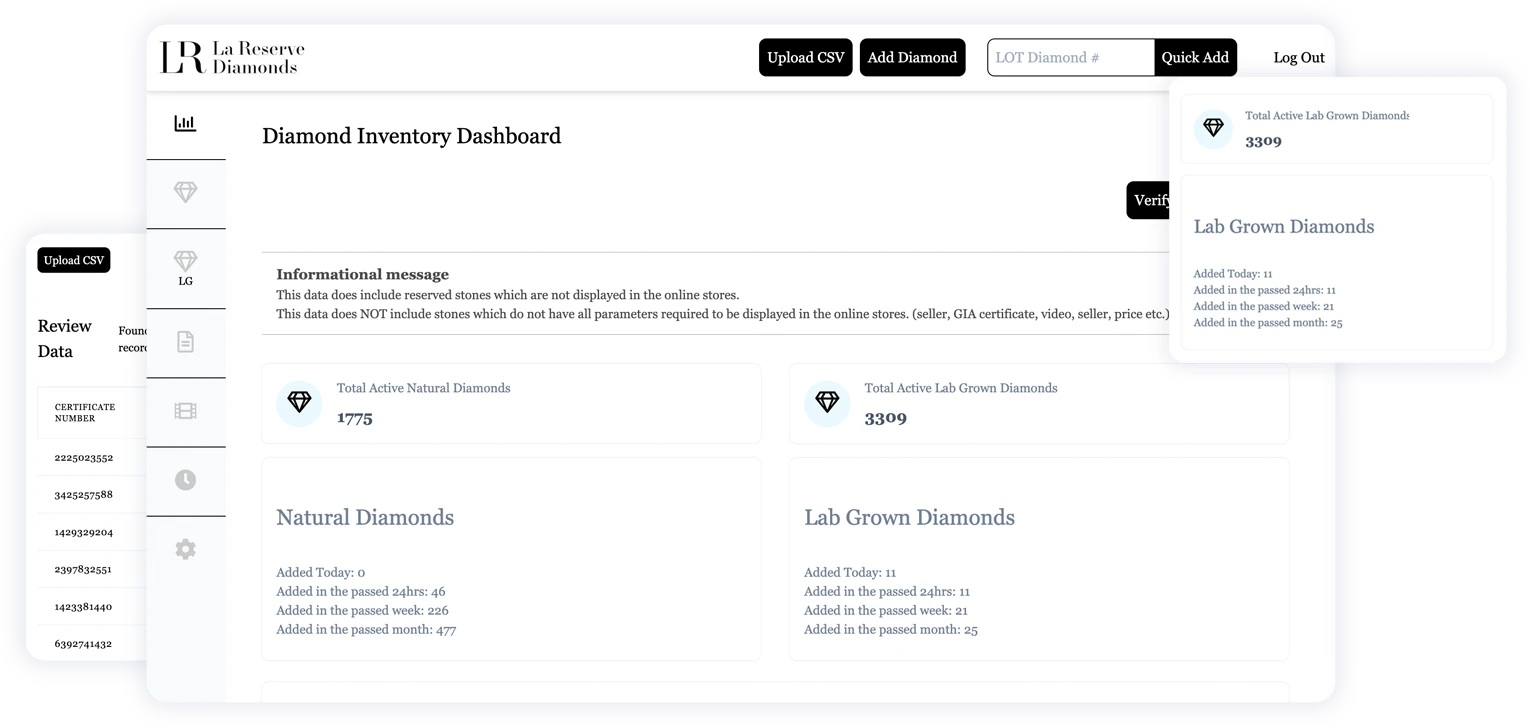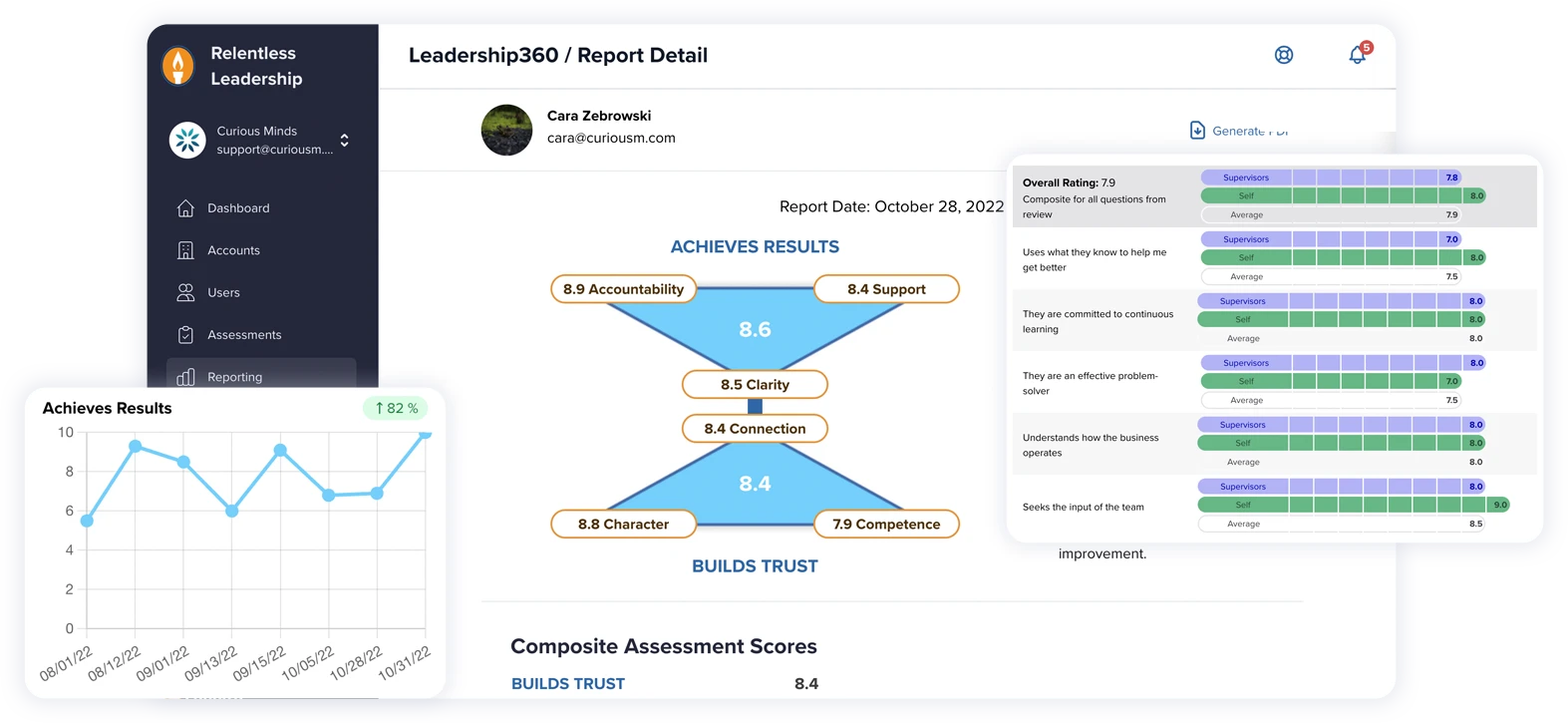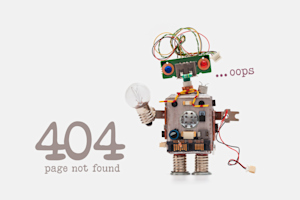As online businesses require efficient and robust platforms to thrive, you might have heard entrepreneurs rave about WooCommerce - a widely acclaimed eCommerce platform. Nonetheless, even though WooCommerce comes with a range of attractive advantages, it isn't exempt from drawbacks. We take a closer look at some of the key shortcomings associated with WooCommerce. We'll investigate when these issues become particularly detrimental and require businesses to seek alternatives.
One notable case involves a client migrating away from WooCommerce due to recurring site crashes during product drops—highlights how WooCommerce can struggle with high traffic volumes. If your online shop faces similar challenges, you'll have a much clearer idea of whether WooCommerce is the right platform for your mounting business needs, by the end of this read.
"While WooCommerce can handle a typical load, it sometimes falls short when traffic peaks - mainly when businesses release limited products that draw thousands of customers to the site simultaneously. At this juncture, the platform's inefficiency in caching certain elements can cause the site to freeze or crash." - Andrew Engstrom, WordPress Practice Lead at Curious Minds Media
Why WooCommerce May Stunt Your E-commerce Growth
WooCommerce has carved a name for itself as a robust and versatile e-commerce solution with its seemingly endless possibilities for customization. However, this flexibility may be a double-edged sword particularly for businesses with specific operations models such as limited time product releases. In such a model, the site experiences massive traffic within a short time—often an hour or less—driving the server resources to their limit.
The crux of the matter lies primarily in the inherent functioning of WooCommerce. Due to its architecture, caching, a common solution to reduce server load, becomes a challenging task. Some elements on WooCommerce cannot be cached in the same way as a typical page, leading to increased server processing for each page view.
It's important to remember that WooCommerce can still be a suitable solution for businesses with smaller-scale operations or predictable traffic patterns. Its customizability and ease of use can be valuable assets for such businesses. However, for those anticipating high-traffic scenarios limitations might outweigh the benefits.
In cases like these, businesses suffer major drawbacks from frequent website crashes, including lost sales, damaged reputation, and a negative customer experience. When these factors combine, the end result is a dip in business growth. As a result, companies find themselves needing to consider other e-commerce platform alternatives that are designed to handle such heavy loads more efficiently.
Mitigating these limitations is also possible through various strategies:
Server optimization: Businesses can implement caching optimization strategies and invest in robust hosting plans to improve performance under increased traffic.
Security vigilance: Implementing strong security practices like regular plugin updates, user access controls, and secure payment gateways can address security concerns.
SEO plugins and expertise: While advanced SEO needs might require plugins, businesses can also consider investing in SEO expertise to maximize the platform's built-in functionalities.
The Hidden Security Potholes of WooCommerce
A major concern is its open-source nature, which makes it susceptible to hacking. Granted, the developer community behind WooCommerce is quick with patches, but the time between a vulnerability being discovered and fixed can leave your site exposed. Secure Sockets Layer (SSL) certificate installation is non-compulsory on WooCommerce, which can lead to data leaks if overlooked.
Another pain point is the high dependency on plugins, which although offer versatility, may also present security loopholes should they contain any malicious code or become outdated. Updates to these tools must be timely to prevent such vulnerabilities- but this means you'd have to rely on the plugin developers' promptness.
Security responsibilities with WooCommerce lie significantly with the website's owner, demanding a certain level of technical expertise and vigilance. The implications, if not navigated correctly, could be the leaking or loss of customer data, negatively affecting brand image and even potentially leading to legal repercussions. Therefore, for businesses that prioritize security and want a more managed solution, WooCommerce may not be the best fit.
Does WooCommerce Neglect Crucial SEO and Marketing Strategies?
Although WooCommerce is undeniably a potent eCommerce platform, it's not without its drawbacks in terms of SEO and marketing strategies. SEO is essential for an eCommerce business, ensuring your website ranks high on search engine result pages. However, one considerable disadvantage of WooCommerce is its potential lack of robust SEO-friendly features, out of the box.
While WooCommerce does offer basic SEO features, for more advanced needs, you're largely reliant on external plugins. This reliance can lead to incompatibilities, crashes, or unexpected behavior on your site. Additionally, though WooCommerce does allow for customer reviews and ratings, if you want to customize this feature or conduct thorough analysis, external plugins such as the 'Yoast SEO' become necessary. The more plugins installed, the greater the risk of website instability.
WooCommerce also falls short when it comes to built-in marketing automation features, fundamental for effective customer interaction. Furthermore, to incorporate successful techniques such as upselling, recovering abandoned carts, or leveraging email marketing, reliance on third-party tools becomes inevitable.
It's crucial to note, nonetheless, that the open-source characteristic of WooCommerce permits wide-ranging customization via plugin implementation. Those businesses equipped with the technical acumen or relevant resources can harness these plugins to incorporate diverse marketing automation functionalities. Although this strategy necessitates a higher degree of technical understanding and regular maintenance, it can serve as a financially efficient solution for businesses at ease with administering their own development requirements.
Your selection of WooCommerce as your e-commerce platform should hinge on a well-rounded understanding of your unique needs and potential constraints. You should weigh the following aspects when making your choice:
Visitor behavior: If your traffic pattern is generally consistent with periodic spikes, WooCommerce could be a suitable choice. However, for those businesses that regularly experience high visitor numbers, or sudden influxes, other platforms that are built for scalability may prove more reliable.
Technical skills: One of the advantages of WooCommerce is its higher degree of control and customization compared to other platforms. Yet, this versatility also demands more tech-savvy manpower to administer and keep the website running smoothly. If your team doesn't possess this tech expertise, perhaps a more streamlined solution would serve you better.
Budget: WooCommerce is an open-source platform with no licensing fees, making it a cost-effective choice. However, additional costs might arise from hosting, plugin purchases, and potential WooCommerce development needs. Consider your budget constraints and the long-term cost implications of different platforms.
Remember, there is no universal fit when it comes to e-commerce platforms. The best platform for you will rest on your unique business model, technical experience, and financial abilities.
Reaping the Rewards of a More Robust E-commerce System
Imagine yourself, for a moment, as the owner of an e-commerce site that sells in-demand, limited-quantity products - complete with throngs of eager customers all vying for the same item. Now, picture your website crashing just as the sale goes live, leaving you inundated with frustrated customers and missed opportunities.
That was the reality for a company using WooCommerce, which, while free and simple, has its limitations. While it usually performs well for small businesses, it struggles in scenarios where massive customer influx is the norm, not the exception. Hence, the need for a more robust e-commerce platform.
They decided to switch to BigCommerce. This platform is designed for scalability, capable of handling sudden increases in website traffic without causing so much as a glitch. It also offers advanced site performance optimization features, including Content Delivery Networks (CDN) for faster content delivery and better caching mechanisms.
By having their website rebuilt on BigCommerce, they don’t have to worry about losing customers to website crashes during product drops. For them, shifting to a better system offered stability, scalability, and improved customer experiences - key elements to thriving in today’s competitive e-commerce landscape.
Here's a glimpse of some unique platforms that might better accommodate your evolving needs:
BigCommerce - As hinted at previously, BigCommerce excels at managing large traffic volumes, boasting advanced features like in-house SEO tools and marketing automation functionalities.
Shopify Plus - This premium-tier platform is designed to cater to substantial businesses featuring complex requirements, offering a remarkable level of scalability and security.
Magento - This potent open-source platform offers extensive customization and scalability opportunities. Nonetheless, it demands considerable technical proficiency for effective usage.
Picking the ideal platform for your e-commerce venture is absolutely essential, as it should work seamlessly with your business objectives. Expert opinion, like that from the e-commerce specialists at Curious Minds Media, can play a pivotal role in this choice.
Being acutely aware of the strengths and weaknesses of WooCommerce, they can direct you towards an e-commerce platform most suited to your individual business requirements. This involves recognizing a platform that serves your immediate requirements and can accommodate your business as it expands. Shifting to a more powerful e-commerce system could be the perfect remedy for your business hassles and could give you an edge over your online rivals.
















